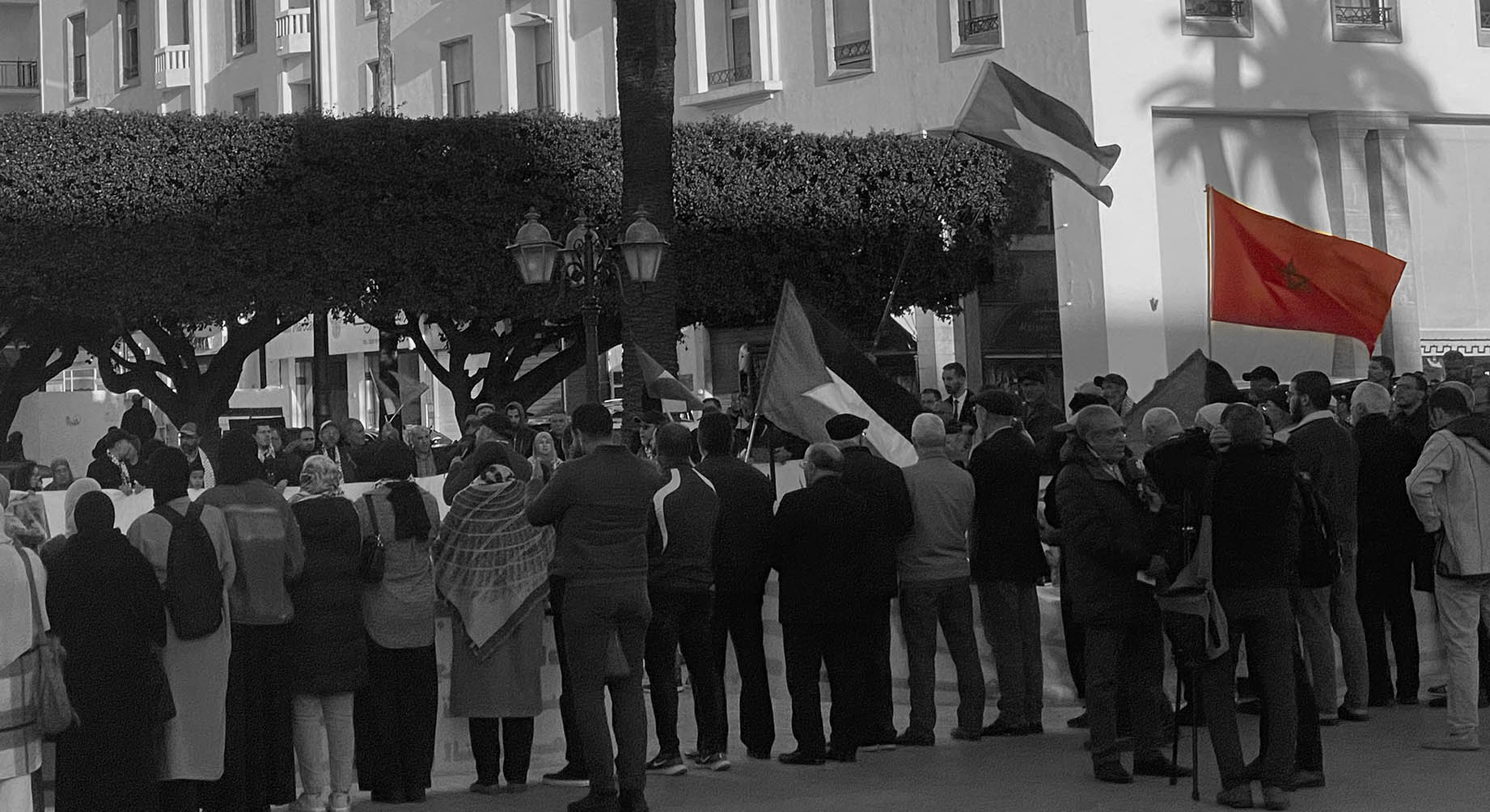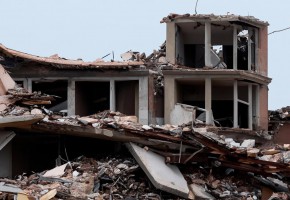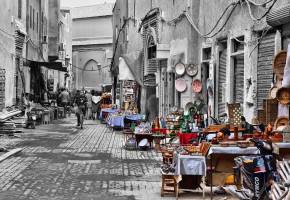
Morocco: Strikes Dominate the First Third of the Year
The Moroccan context was not isolated from global events. The repercussions of the war on Gaza became a new turning point in Moroccan public opinion regarding the Palestinian issue, as Moroccans reacted to the Zionist aggression on the Gaza Strip from its onset. Demonstrators filled almost every street, supporting Palestinian rights, demanding an end to the war and aggression, and joining broad campaigns, on the ground and on social media platforms, to boycott products supporting the Israeli entity.
However, official actions and initiatives did not reach the level of aspirations. On several occasions, Moroccans called for a retreat from normalization and severing all relations with the Israeli occupation state. The government ignored the calls and demands, preferring statements of condemnation, calling for a ceasefire, and sending some food aid. Consequently, Moroccan citizens became more dissatisfied with the official position in addressing the genocide and war crimes committed against the Palestinian people.
In parallel, Morocco witnessed several developments during the first four months of the current year, characterized mainly by tensions at multiple levels. Many vital social sectors experienced crises that directly affected citizens' standard of living, most notably the crisis in the health and education sector. The workers of the two sectors joined numerous strikes and protests to resolve outstanding issues with the government. These actions were interspersed with meetings between the central unions and the concerned ministries. Despite reaching a set of agreements, the issues were not entirely settled, prompting education sector employees to go on an open strike for over three months. The government was forced to respond to their just demands.
On the other hand, the debate over amending the Family Code continued as the committee charged with drafting the amendments to be submitted to Parliament for approval reached the deadline specified by the Moroccan King. However, the debate continues over sensitive issues such as inheritance, divorce, early marriage, and equality between men and women in legal guardianship over children. Discussions are divided between those who support radical amendments based on equality, including equality in inheritance, equality for women in all family-related issues, and ensuring children's best interests. The other side supports the religious discourse and calls for adopting a conservative approach based on Islamic law, as demonstrated by the opinions expressed on social networking sites or during communication meetings organized by women’s and human rights organizations on the subject.
In the same context, the Moroccan government presented its mid-term report, in which the Prime Minister, Mr. Aziz Akhannouch, defended his government’s achievements before both chambers of Parliament. He said it “achieved an unprecedented social revolution,” as he put it, through expanding compulsory health coverage. He also noted that the direct social support program is "one of the distinguished historical milestones that all Moroccans will remember," adding that it will enable millions of low-income Moroccan families to escape fragility and social marginalization.
Nevertheless, opposition political parties strongly criticized this outcome as weak and disappointing due to the fraught implementation of social protection expansion workshops. On the other hand, some analysts and commentators on the government's achievements indicate that the numbers and indicators presented by the government appear favorable and reflect its commitment to activating the programs. However, these indicators and programs did not reflect positively on the lives of citizens, especially with a record rise in the unemployment rate, which, according to the latest statistics of the High Commission for Planning, approached 14%. Among the youth, the rate approached 36%. Fuel and raw materials prices continued to rise, and inflation reached record levels. Moreover, successive years of drought had a dire effect on village and desert populations.
In general, the impact of these developments on civic space did not differ much from the previous situation. Factional protests continued, and the authorities responded with unacceptable methods and actions. The forces of public order used violence to repress demonstrators. Education sector protesters were suspended, and the demands of medical college students were rejected. The work of CSOs was restricted, most notably by the continued deprivation of several associations of legal status, which hinders and inhibits their dynamism and activity. One of those organizations was the Moroccan Association for the Protection of Public Money. The public prosecutor at the Marrakesh Court refused to accept their complaints regarding exposing corruption because the association does not have a final deposit receipt. Still, most CSOs suffer from poor public and external funding, creating difficulties in carrying out their required tasks.
Recent publications

Thematic Report: Exploiting Resources, Ignoring Rights: A Political Ecology of Water and Energy in the Arab World
Related publications


